Breakfast at Tiffany’s (1961)
“I don’t want to own anything until I find a place where me and things go together. I’m not sure where that is, but I know what it’s like: it’s like Tiffany’s.”
|
Synopsis: |
|
Genres, Themes, Actors, and Directors:
Response to Peary’s Review: Hepburn (though far too thin, as always) has never looked more beautiful than she does here, with her stylish Givenchy outfits, super-long cigarette holder, and streaked hair sleekly gathered into an upsweep. Her performance itself is noteworthy as well; while Marilyn Monroe was Capote’s original choice for the role, I find it easy to imagine that down-to-earth Hepburn — like hicksville Holly-nee-Lulamae in New York — could relate to feeling like a bit of a poseur in the glamorous world of Hollywood. George Peppard is fine as “Fred”, but ultimately acts as more of a foil to Hepburn than anything else. Neal is delicious in a bit role as kept-man Peppard’s cynical sugar mama; interestingly, her character never appeared in Capote’s novel. There are many touching, memorable, and/or amusing scenes in Breakfast at Tiffany’s; my favorite is probably Holly’s wild bash (has any director ever captured the zaniness of parties better than Edwards?) — I particularly enjoy the two brief sequences in which a knackered woman laughs (then cries) with her own reflection in the mirror. All of Hepburn and Peppard’s scenes together — from their first meeting, when Hepburn staggers around in eyeshades — are delightful; as Peary notes, it’s “refreshing seeing lovers whose relationship is mutually beneficial.” The ending is a true weeper, one of the best Hollywood ever conceived. Redeeming Qualities and Moments:
Must See? Categories
(Listed in 1001 Movies You Must See Before You Die) Links: |
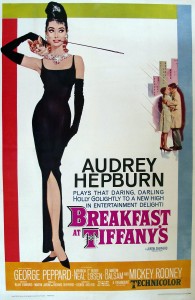
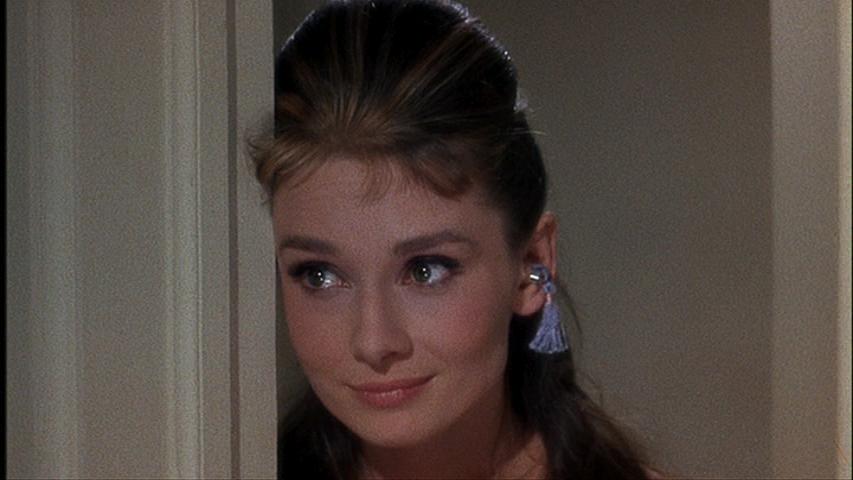
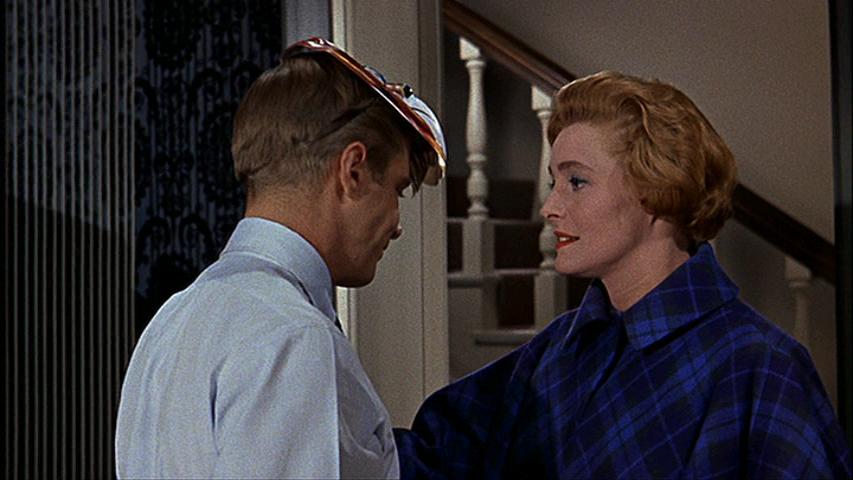
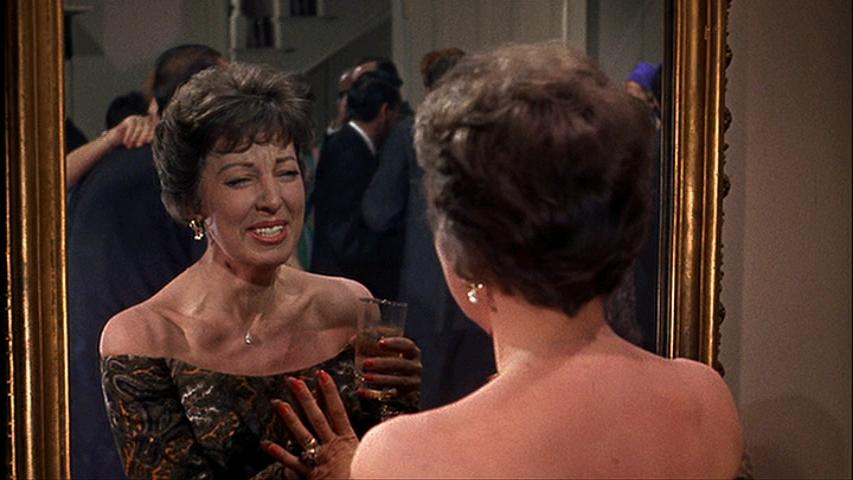
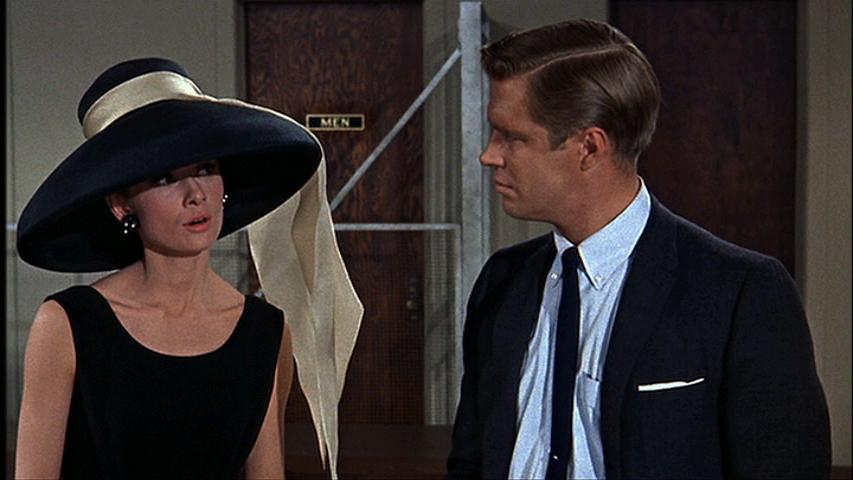
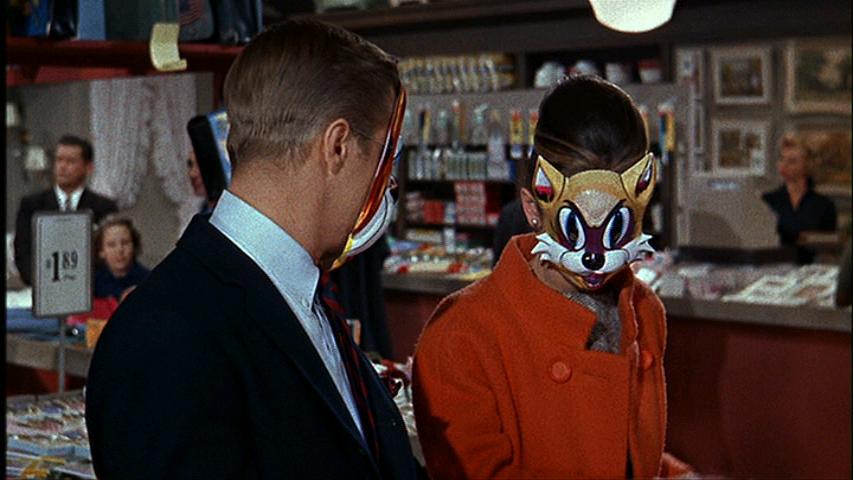
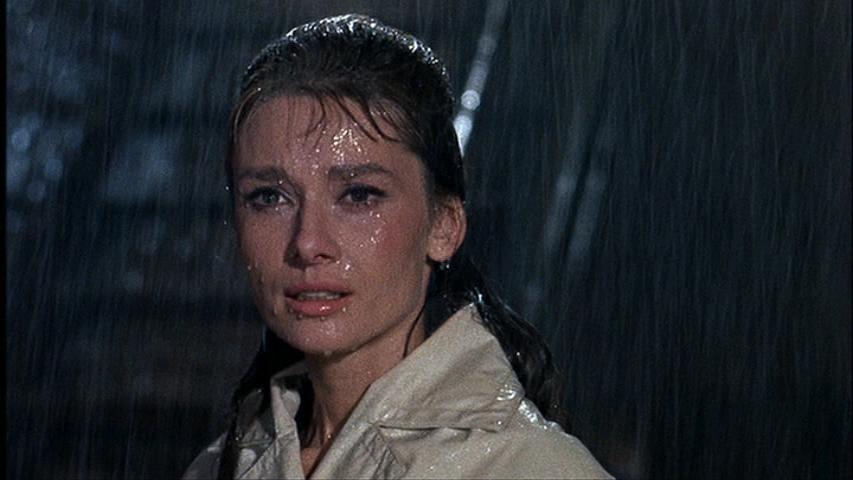
One thought on “Breakfast at Tiffany’s (1961)”
A must.
I had decided that I did not want to revisit this film without first reading the source material. Capote’s 100+-page novella (not novel, as the film’s opening credits claim) is one I’d (of course) always meant to get to. So, I finally did; took about two hours. Then I watched the film again. And found myself with a new appreciation of it. It’s probably the best possible adaptation…for its time (considering what probably did need to be left out – if it was to have a chance at commercial success). I was struck by how much care had been taken in retaining as much as possible of Capote’s creation. In the previous times I’d seen the film, it (esp. Holly Golightly) just didn’t seem like the work of Capote to me. Not really. People who didn’t care about Capote one way or the other would probably not give a fig. But I did.
The main question: Is Hepburn the best possible Holly? She certainly tries her best and does a commendable job. If she’s not completely believable (i.e., with all her talk of “the mean reds” and such), it’s because, from page to screen, Holly’s ‘command of language’ (shall we say) has been toned down considerably. In the book, Holly has much more of a duality going on (chic mixed with coarse – or, rather, a unique blend of coarse and sensitive) which eludes Hepburn – but only because the duality has been largely removed. Naturally, Hepburn has no problem with the ‘chic’ or, obviously, ‘sensitive’ aspect of the character; but since the important ‘coarse’ aspect is only hinted at in the film…well, it works and yet, somehow, it doesn’t. Large case in point: at the end of the book, Holly is in a taxi with ‘Fred’ and her nameless cat. She tells the taxi driver to stop, opens one of the doors and, while telling the cat to go, finishes with ‘Fuck off!” (The only time in the story that the f-bomb appears.) I believe, in the film, this becomes, ‘Beat it!’ Now, who can imagine Audrey Hepburn saying ‘Fuck off!’ in a film? No one.
Oddly, tho I prefer the character of Holly in Capote’s story, I prefer the way the story itself was adapted for the screen. I think it works better. So I guess I recommend that ffs read the source, so they can bring that little extra something along with them when they watch. Another benefit this way: you get to notice the wonderful original touches scattered about by screenwriter George Axelrod (who, from this, would next adapt ‘The Manchurian Candidate’!): I esp. like the added scene in which Hepburn and Peppard are in a strip joint and she semi-seriously asks him if he thinks the ‘dancer’ is talented.
My hands-down favorite part of both the story and the film: the entire sequence in which Doc (Buddy Ebsen) finally tracks Holly down. It is so touching when he sweeps her up in his arms outside her apartment and says (of all things) ‘Kingdom come!’ before taking her in.
And, yes…’Moon River’…what would ‘BAT’ be without ‘Moon River’?…one of the saddest (yet somehow optimistic) and loveliest songs ever written for a film.